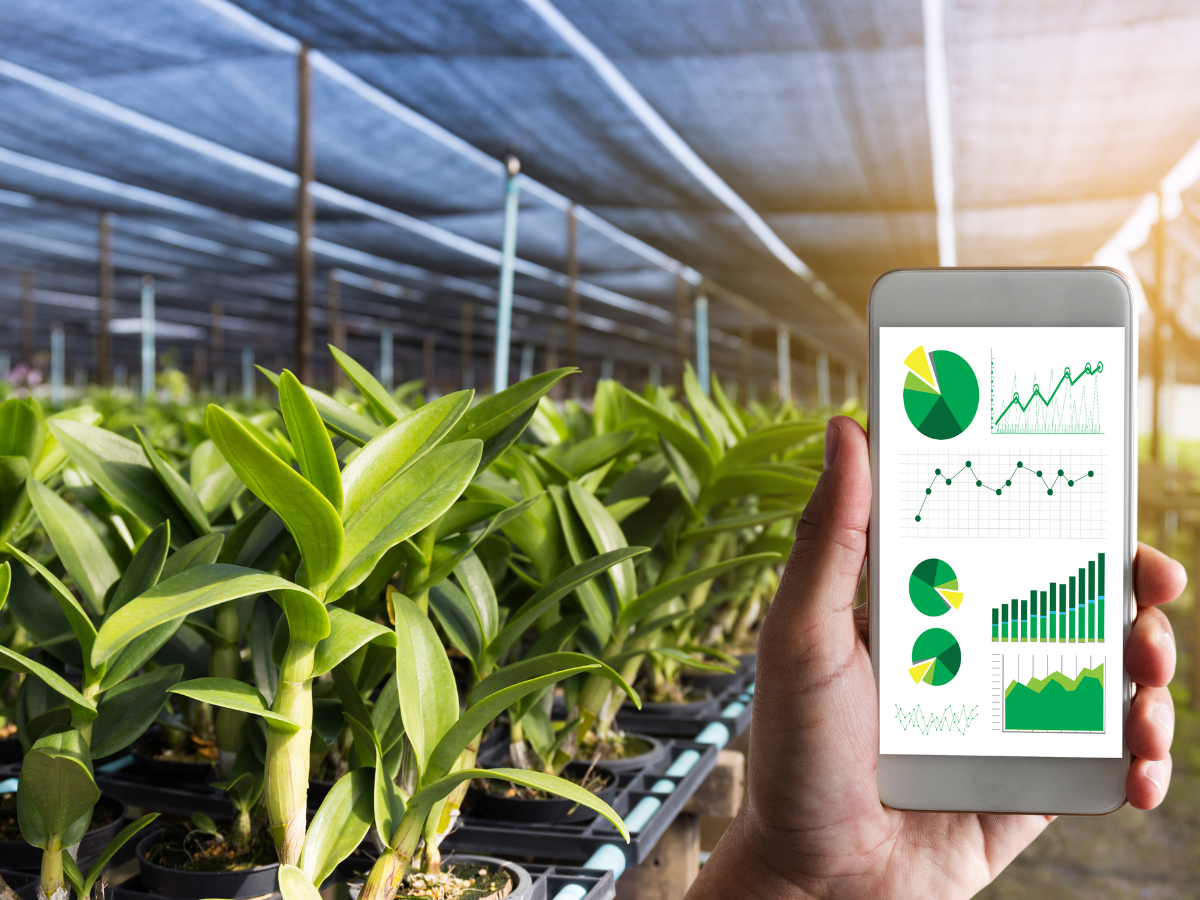From Fields to Bytes: The Rise of Intelligent Agriculture

In the age of rapid technological advancements, the agricultural sector is undergoing a transformative revolution. Traditional farming practices are making way for intelligent agriculture, where data-driven decision-making and cutting-edge technologies are playing a pivotal role in optimizing crop yields, resource efficiency, and sustainability. This shift from fields to bytes marks the rise of a new era in agriculture, unlocking unprecedented potential for global food production and environmental conservation.
Precision Farming: The Heart of Intelligent Agriculture
Precision farming, also known as precision agriculture, lies at the core of the intelligent agriculture movement. This approach leverages advanced technologies such as GPS-guided tractors, drones, and sensors to collect and analyze data from the field. This real-time information enables farmers to make precise decisions regarding irrigation, fertilization, and pest control, thereby maximizing productivity while minimizing waste.
IoT in Agriculture: Connecting Farms for Enhanced Efficiency
The Internet of Things (IoT) has found its way into the fields, connecting various devices and systems to create a smart farming ecosystem. Sensors placed in the soil monitor moisture levels, drones assess crop health, and connected machinery shares real-time data with central control systems. This interconnected network allows farmers to respond promptly to changing conditions, ensuring optimal crop growth and resource utilization.
Big Data Analytics: Unveiling Patterns for Informed Choices
The abundance of data generated by smart farming practices is a goldmine for agricultural insights. Big data analytics processes this vast amount of information to unveil patterns and trends, empowering farmers to make informed decisions. Predictive analytics can forecast weather patterns, crop diseases, and market trends, helping farmers plan and adapt their strategies accordingly.
Artificial Intelligence: Cultivating Intelligence in Agriculture
Artificial Intelligence (AI) is revolutionizing agriculture by introducing machine learning algorithms that analyze data and provide actionable insights. AI-powered systems can predict optimal planting times, identify potential disease outbreaks, and even automate tasks such as harvesting. The integration of AI enhances the overall efficiency of agricultural operations, contributing to increased yields and reduced environmental impact.
Sustainable Agriculture: Nurturing the Future of the Planet
Intelligent agriculture is not just about increasing productivity; it’s also about fostering sustainability. By optimizing resource usage, minimizing waste, and adopting eco-friendly practices, intelligent agriculture contributes to the development of a more sustainable and environmentally conscious farming industry. From water conservation to reduced chemical usage, these practices align with global efforts to create a more sustainable future.
Challenges and Opportunities: Navigating the Path Ahead
While the rise of intelligent agriculture presents numerous opportunities, it also comes with its fair share of challenges. Issues such as data privacy, infrastructure limitations, and the digital divide must be addressed to ensure that the benefits of smart farming are accessible to all. Collaboration between governments, tech companies, and farmers is essential to create a supportive framework for the widespread adoption of intelligent agricultural practices.
From fields to bytes, the journey of agriculture into the realm of intelligent farming is a promising one. The fusion of precision farming, IoT, big data analytics, and artificial intelligence is reshaping the agricultural landscape, unlocking unprecedented potential for sustainable and efficient food production. As we embrace this technological evolution, the rise of intelligent agriculture holds the key to feeding our growing global population while preserving the health of our planet for generations to come.






